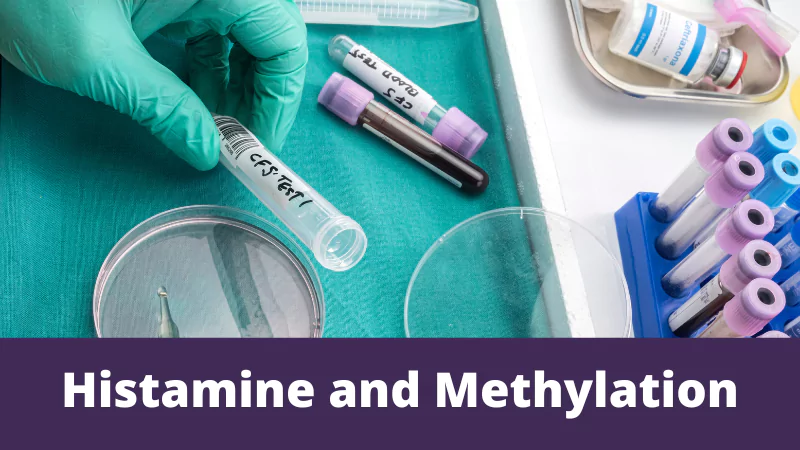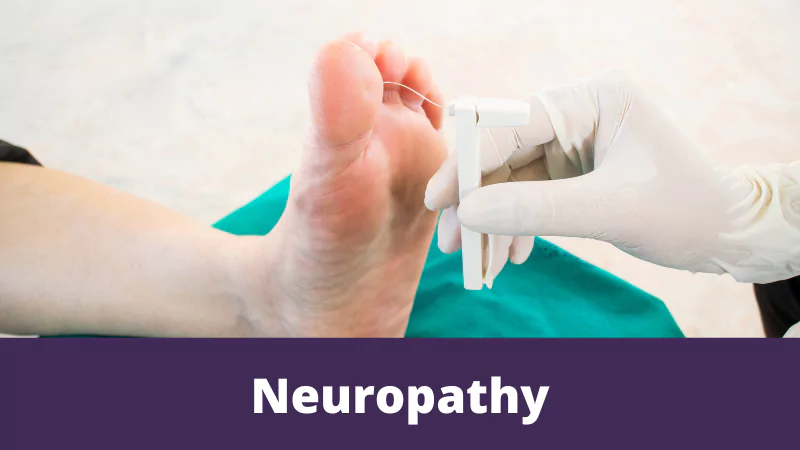What Makes Smart DNA Different from 23andMe and AncestryDNA? A Clinician’s Tool for Personalised Health
Genetic testing has become increasingly popular, with consumer-oriented companies like 23andMe and AncestryDNA leading the way in ancestry and general health insights. But for practitioners who want deeper, actionable insights into their patients’ health, Smart DNA offers a targeted, clinically-focused alternative. Designed specifically with healthcare professionals in mind, Smart DNA delivers a blend of accuracy, privacy, and personalised health information that sets it apart from consumer-focused genetic tests.
Here’s a look at what makes Smart DNA uniquely valuable for clinicians and patients seeking more tailored health guidance.
1. Focused Health Insights Rather than Ancestry Information
Most people know 23andMe and AncestryDNA for their ancestry insights, with some health-related traits included. These tests are broad in focus, offering insights into general genetic health risks, like predispositions to certain conditions. Smart DNA, however, is focused solely on health insights, avoiding ancestry and focusing on key genetic factors that have a direct impact on wellness and treatment strategies.
The Smart DNA test zeroes in on specific genetic variations—called SNPs (Single Nucleotide Polymorphisms)—that affect processes such as methylation, neurotransmitter balance, detoxification, and hormone metabolism. By analysing these critical SNPs, practitioners gain a clear view of potential genetic vulnerabilities that may be contributing to a patient’s health issues. This information enables healthcare providers to create a treatment plan tailored to the patient’s unique genetic profile, targeting the root causes of symptoms rather than just managing them.








